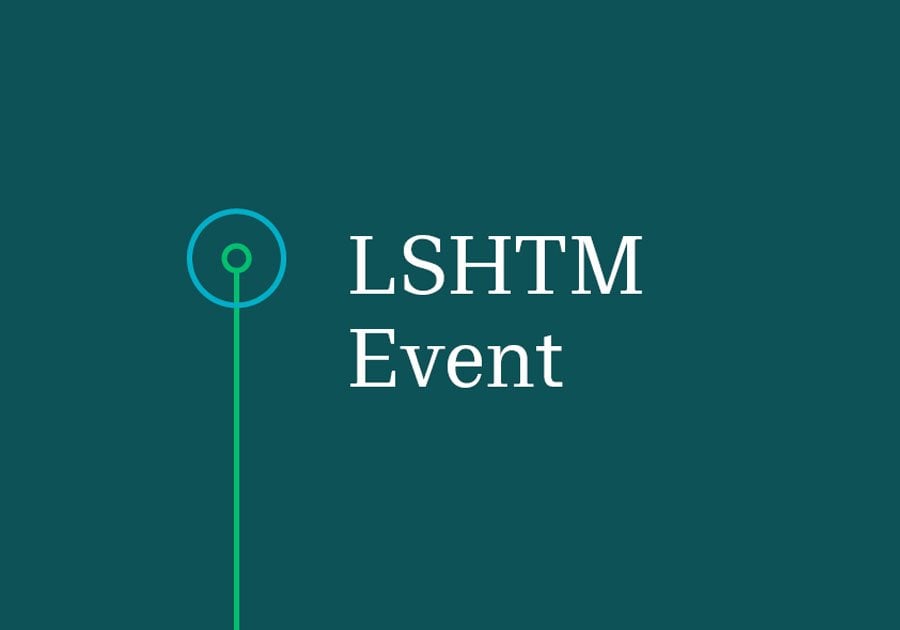Advancing equity: principles for climate-resilient disability inclusive WASH in Bangladesh
Join LSHTM, icddr,b, and World Vision Bangladesh to explore how climate change impacts WASH-related experiences of people with disabilities in Bangladesh. Discover who we co-developed principles for climate-resilient disability inclusive water, sanitation and hygiene in Bangladesh and how organisations like World Vision can implement them in their work.

Climate change is transforming the water cycle and triggering extreme weather events in unprecedented ways. These environmental shifts pose substantial risks to water, sanitation and hygiene (WASH) services and behaviours.
The LSHTM, icddr,b, and World Vision Bangladesh are collaborating on a study to strengthen evidence on how climate change impacts the health and well-being of women and men with disabilities through WASH-related risks. The study also aims to co-develop principles for climate-resilient, disability-inclusive WASH interventions in Bangladesh. In this webinar, the team will share study findings, the process of co-developing these principles with persons with disabilities, caregivers, Organisations of Persons with Disabilities, and sector experts and the principles. A panel discussion will follow, exploring how organisations like World Vision Bangladesh can apply these principles in future initiatives.
Speakers
Sabiha Ahmed
Sabiha is a skilled professional and a researcher with over than six years of work experience in the areas of climate change, sustainable development, gender equality and disability advocacy. She is currently working as a Research Officer in World Vision Bangladesh, where she undertakes impactful research and works with the partners to foster innovation and policy development. Sabiha has a Master’s in Disaster management and Human Security and has expertise in developing and implementing qualitative data collection, data analysis and project planning.
Shahpara Nawaz
Shahpara is a Research Trainee at the International Centre for Diarrhoeal Disease Research, Bangladesh (icddr,b), where she focuses on developing disability-inclusive climate-resilient water, sanitation, and hygiene (WASH) solutions. She holds individual postgraduate degrees in Environmental Science and Public Health. She has led and co-led research projects in Bangladesh addressing disaster management, water security, and disability-inclusive WASH policies and practices.
Jane Wilbur
Jane is an Assistant Professor at the International Centre for Evidence in Disability (ICED) at the LSHTM, focusing on disability and water, sanitation and hygiene (WASH). Jane has worked in East and Southern Africa, South Asia and the Pacific Islands. She has extensive experience in designing and implementing inclusive WASH programmes, research and evaluations, and disseminating research to influence policy and practice. Jane’s PhD explored the menstrual health requirements of people with disabilities.
Sari Kovats
Sari Kovats is an Associate Professor at LSHTM. She has a PhD in environmental epidemiology and led several research projects on the effects of heat on maternal and child health, and climate change risk assessment. Sari has contributed to national and international assessments of the health impacts of climate change.
Chair
Rosie Green
Rosie is a Professor of Environment, Food and Health at LSHTM. Rosie joined LSHTM in 2011 to study the relationships between diets, sustainability and health and has since built a portfolio of research at the intersection of environmental change and health.
Event notices
- Please note this event is virtual only.
- Please note that the recording link will be listed on this page when available.
Admission
Contact